Do you love eating healthy? But are you obsessed with eating healthy? While following a healthy diet is important, some people can become overly obsessed with having a perfect diet that can negatively affect their physical and mental health. This is known as orthorexia nervosa. Let’s explore what it is, what are orthorexia signs and how to deal with it.
Today, most of us are highly conscious about our health. As new food trends and diets constantly flood our social media feeds, we need to be aware of how we choose to live and eat healthy – by being smart and practical or by being obsessed with it.
So let’s dive deep into the world of healthy eating and learn what is orthorexia nervosa, what causes orthorexia and what to do when you’re obsessed with eating healthy.
What is Orthorexia?
Orthorexia nervosa refers to an eating disorder characterized by an excessive fixation on healthy eating. Unlike other eating disorders that focus on the quantity of food consumed, orthorexia concerns itself with the quality of food.
Named in 1997 by Physician Steven Bratman, orthorexia nervosa is derived from Greek terms Greek “ortho,” meaning correct and “orexi,” meaning appetite. It is classified as an unspecified feeding and eating disorder in the DSM-5 (Diagnostic and Statistical Manual of Mental Disorders 5th edition).
People suffering from orthorexia become obsessed with rigidly adhering to strict dietary guidelines and avoiding any food they feel is not healthy or pure. At first, their motivation may lie in wanting to better their health, but eventually it becomes all-consuming and damaging.
Related: 4 Major Reasons Why People Lie To Their Therapists About Their Eating Disorders
Orthorexia eating disorder is primarily a pathological obsession with effective nutrition, marked by strict avoidance of perceived “unhealthy” food, ritualized eating patterns and a restrictive diet. “Although prompted by a desire to achieve optimum health, orthorexia may lead to nutritional deficiencies, medical complications, and poor quality of life,” explains a study.
When left unaddressed or untreated, orthorexia nervosa can lead to multiple physical and mental health conditions, such as obsessive-compulsive disorder. It can even adversely impact someone’s social relationships.
This is why it is crucial to learn orthorexia signs and understand how to overcome clean eating obsession.
Orthorexia signs
Being able to recognize the orthorexia signs is important in order to prevent it. There are various indicators that may be noticed:
1. Obsessive focus on food quality
Nutrient content, sourcing and preparations become a predominant theme of one’s life.
2. Strict dietary rules
Following self-imposed dietary regulations, usually removing entire food groups and making one’s diet limited and restrictive.
3. Emotional distress
A sense of guilt, anxiety or shame occurs when not meeting predetermined dietary constraints, along with a feeling of moral superiority or self-righteousness about what they eat.
4. Social isolation
Avoiding social events or situations that involve food, resulting in strained relationships as well as withdrawal from social experiences. This is one of the basic orthorexia signs.
5. Physical consequences
Imbalanced diet causes nutritional deficiencies, extreme weight loss or fluctuations, weakened immune system and overall poor health conditions.
6. Cognitive distortions
Excessive and irrational thoughts about food purity, contamination fears, and an exaggerated fear of certain ingredients or food groups.
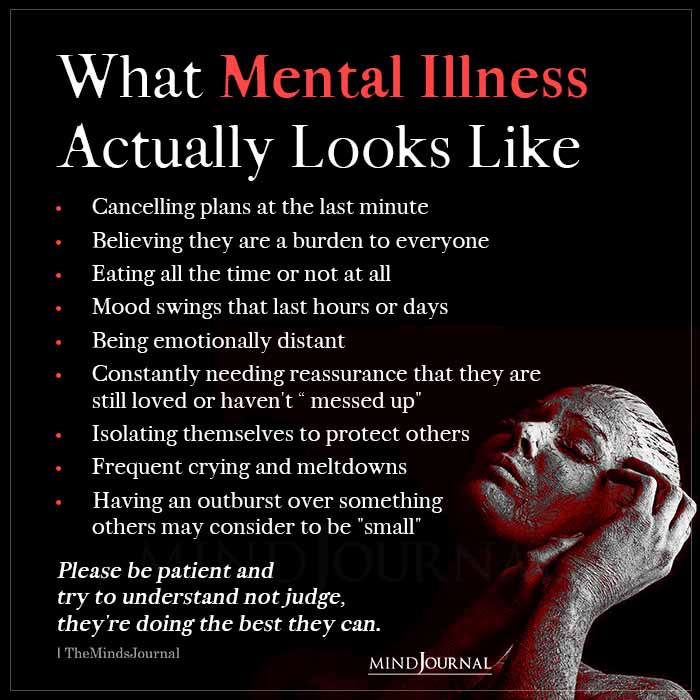
7. Negative impact on quality of life
Inability to enjoy meals due to inflexibility around food choices, mealtime anxiety, and inability to eat spontaneously or have unplanned eating experiences.
8. Emotional well-being tied to eating habits
One’s self-esteem and self-worth is determined by adhering to strict dietary guidelines which becomes problematic whenever there is a failure.
9. Comorbidities of Mental Health
Orthorexia eating disorder may coexist with other mental health conditions like anxiety disorders, obsessive-compulsive disorder or body dysmorphia. This is another of the common orthorexia signs.
Related: Childhood Trauma And Eating Disorders: Shocking Facts You Must Know
What causes Orthorexia
Obsessed with eating healthy? Orthorexia is thought to arise from a combination of psychological, sociocultural and environmental factors. Here are some possible causes:
1. Perfectionism
People who have a tendency towards perfectionism may be more prone to developing orthorexia. The drive for some idealized vision of health and body can push individuals into extreme measures.
2. Media Influence
Continuous advertising about ‘clean eating’ and ‘superfoods’ creates unrealistic expectations encouraging orthorexic behaviors.
The constant bombardment of images, video and reels on social media about what we should or shouldn’t eat can also contribute to the development of orthorexia.
3. Anxiety and Control
Orthorexia can be seen as a manifestation of underlying anxiety disorders or as a need for control. In an uncertain world, an individual may focus on controlling their diet as a means to regain a sense of control, stability and order.
Related: 6 Easy Ways To Start Loving Your Body, Right Now!
Tips to overcome Orthorexia
If you or someone you know is dealing with orthorexia eating disorder, just know that it is possible to recover. Here are some ideas on how to get over clean eating obsession –
1. Seek help from a professional
This involves reaching out to a registered dietitian or mental health professional specialized in eating disorders. They can guide you and offer support through development of a tailored treatment plan.
2. Challenge the rules about food
Gradually add more types of food to your diet plan, including those you had previously prevented yourself from eating. This will go a long way in normalizing eating habits as well as decreasing anxiety regarding food choices.
3. Try mindful eating
Once you know orthorexia signs, focus on eating mindfully. This means directing attention towards hunger signals and fullness and developing positive behaviors concerning food. Take time to appreciate each meal without criticizing or feeling guilty.
4. Deal with the emotional issues
Find out if there are any underlying emotional or psychological factors that contribute to orthorexic tendencies. Therapy can help to recognize and treat these underlying problems.
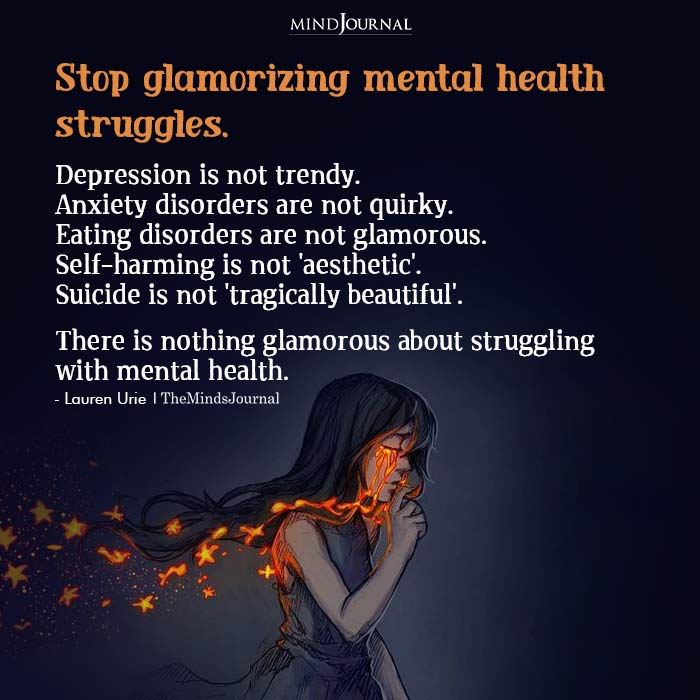
5. Demystify societal standards of beauty
It is important always to question unrealistic beauty standards promoted by the media. The truth still remains that good health encompasses mental and physical well-being.
6. Have self-compassion
Treat yourself well and ensure self-care is part of your regime. Accept the fact that all of us are imperfect in some way and having a balanced, flexible diet is the key for healthy living.
7. Reflection
Gain awareness about why you want to follow a “perfect” diet and what you actually wish to achieve through it. External validation? Stronger self-esteem? Or good health? Being self-aware will help you overcome orthorexic patterns.
Related: How Yoga And Mindful Eating Can Be Beneficial For You
Takeaway
Orthorexia is an unhealthy obsession with healthy eating that affects a person’s physical and psychological well-being. Therefore, it is important to recognize orthorexia signs and seek help if one is experiencing this condition.
Remember, health is not just about the food we eat but also about our relationship with it. You can overcome such unhealthy eating habits by being self-aware, focusing on your overall health and by seeking professional help, if needed.
This means that through balanced nutrition, self-compassion and supportive friends, one can overcome this condition and live better lives again. Let’s prioritize holistic well-being, where mental, physical and emotional health are interrelated.
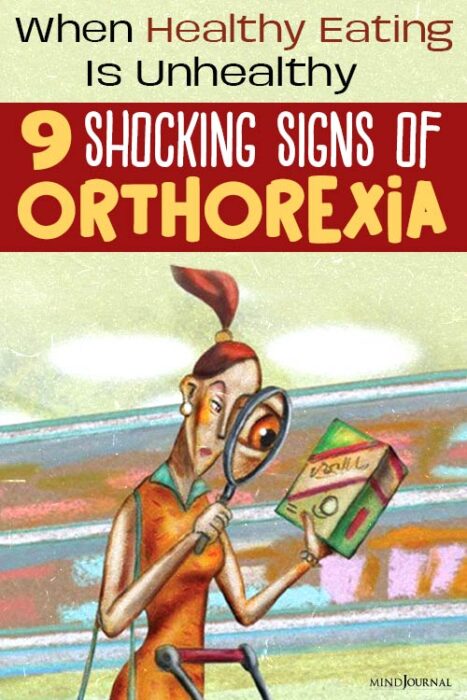
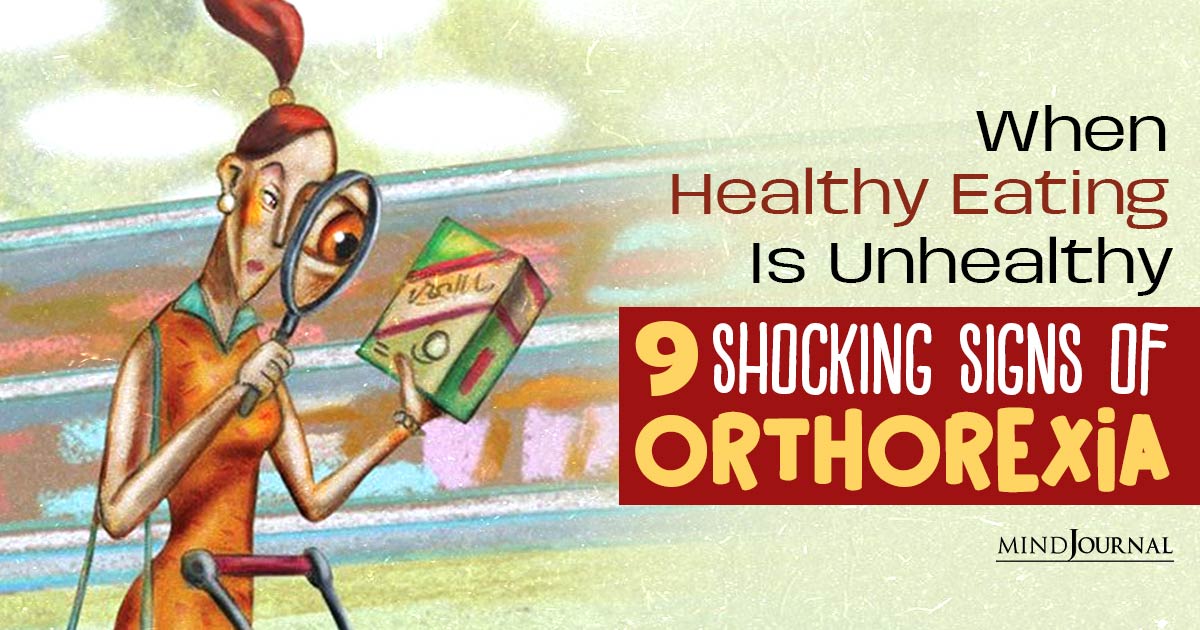
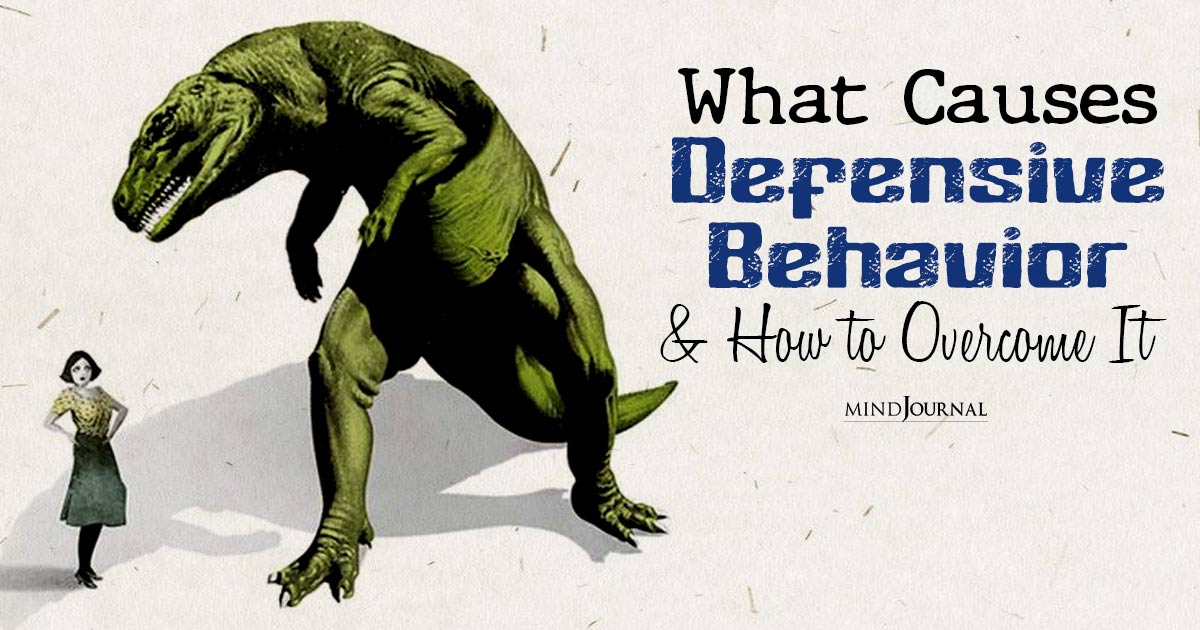






Leave a Reply
You must be logged in to post a comment.